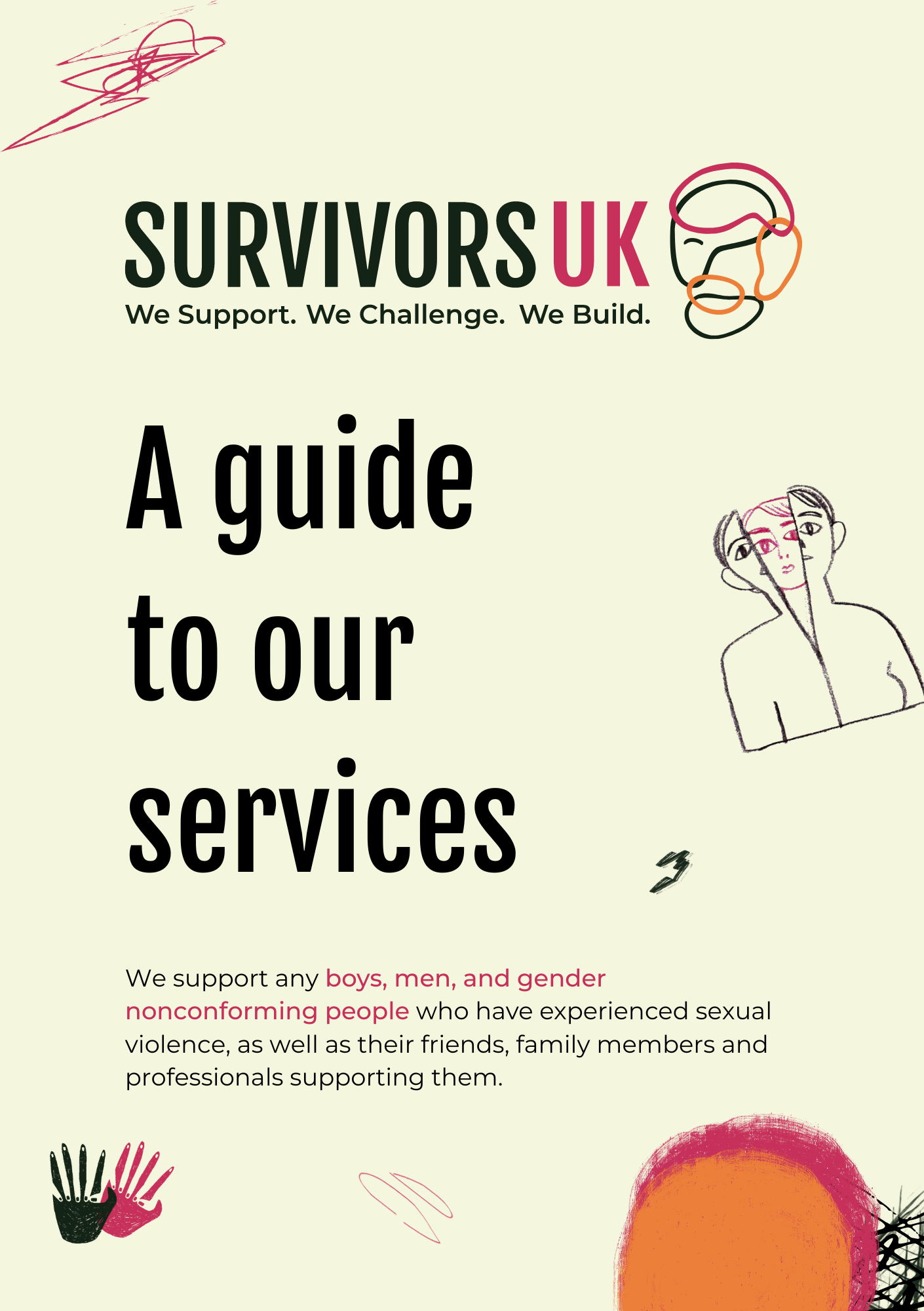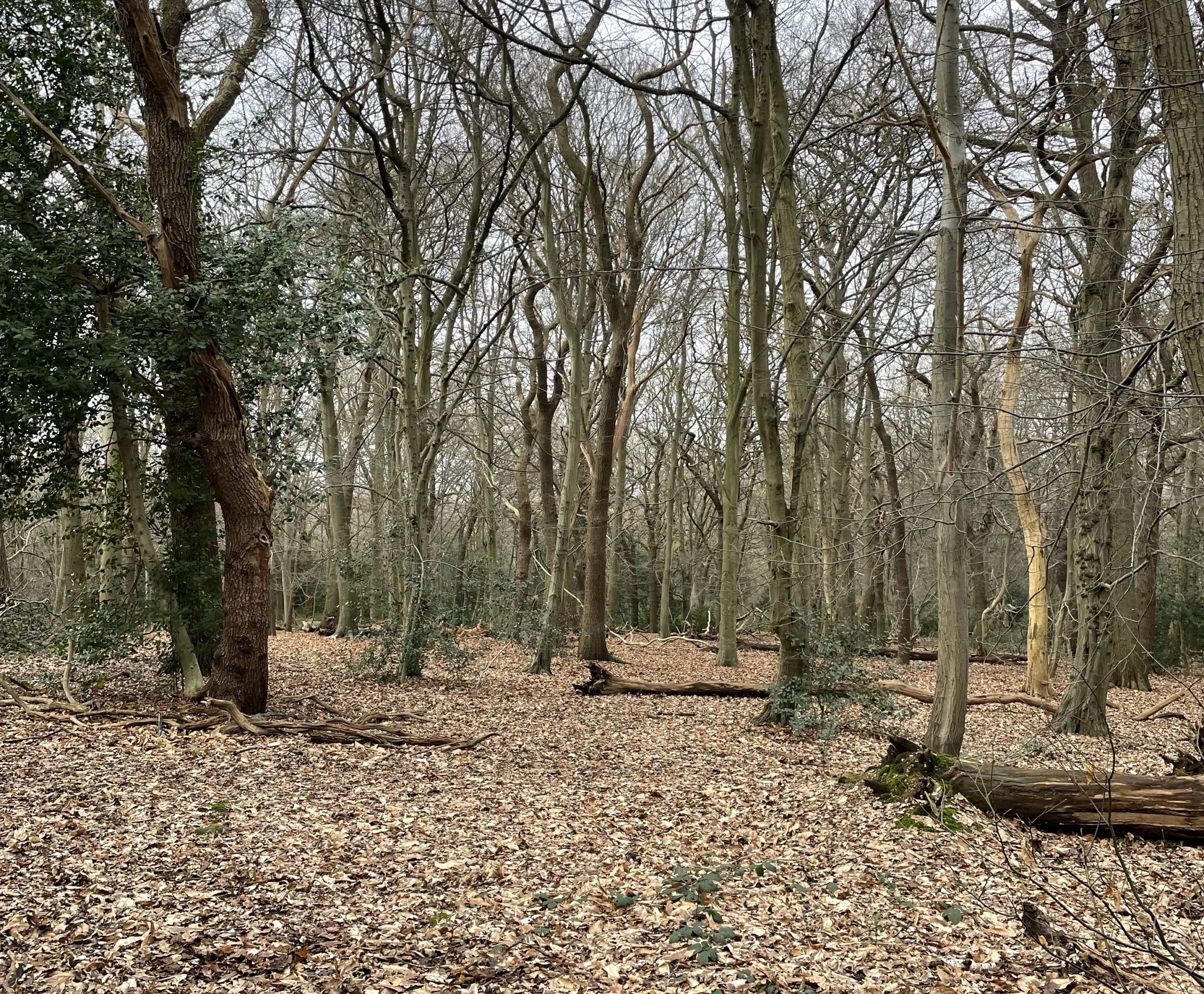
Quiet your mind through forest bathing
On a cold wet Wednesday morning in Wimbledon, myself and fellow group work facilitator Dionne another met six SurvivorsUK clients to guide them on a Shinrin-Yoku session. Shinrin-Yoku is a Japanese practice that translates to ‘forest bathing’. It involves being in the forest and mindfully trying to experience the forest as fully as possible.
Forest bathing came about in the 1980s as a tool to help urban-dwelling people combat tech burnout and mental health issues. Although it is a relatively modern practice, it has its roots in the Japanese religion of Shinto which revolves around nature and balance.
Various research has been carried out that has proven the effectiveness of forest bathing for helping people manage psychological distress. Benefits include reduction in stress chemicals in the body, a soothing of the nervous system and a lowering of activity in the amygdala – the part of the brain responsible for detecting threats and responding to fear. This research would suggest it is highly beneficial for people who have experienced trauma.
We walked for 20 minutes or so through Wimbledon Common to the spot we had chosen for the session. The part of the Common we were using is the site of a natural spring that is believed to have been used by humans all the way back to neolithic times. The spring is surrounded by a ring of beautiful Douglas fir trees and there, in true forest bathing tradition, we guided the group in an exercise to greet the forest.
We then began moving slowly through the trees. The group moved in silence allowing themselves to be immersed in the sounds, smells and sights of the nature around them. At certain spots we would stop the group and guide them through an exercise designed to deepen the connection to nature through their senses. We then slowly guided the group back to the spring where we could all say thanks to the forest for holding us as we bathed within it, again another important part of forest bathing practice.
We walked back together and before we left the Common the group gave a check out; the consensus was that they had been able to quiet busy minds and felt calm and relaxed. Finding your own nature practice can be a useful tool in managing difficult thoughts, feelings as well as physical trauma responses. You don’t need to be out of the city, even having a walk in your local park can have a calming effect.
With spring around the corner, it seems like a perfect time to begin or deepen your relationship with nature.

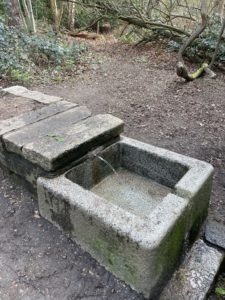
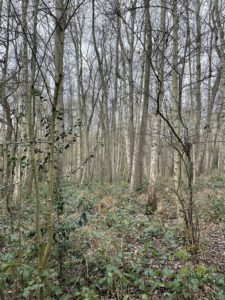
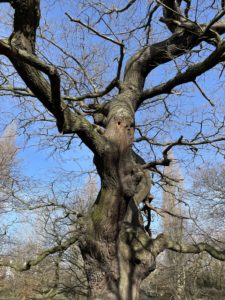
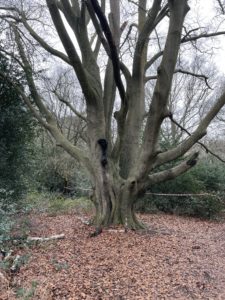
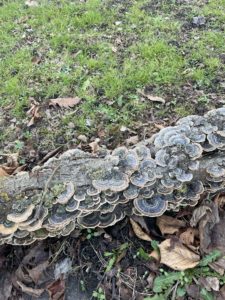
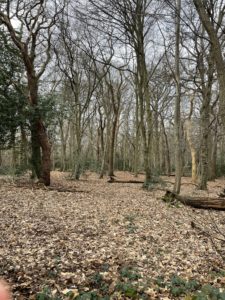
 Lee White,
Lee White,



